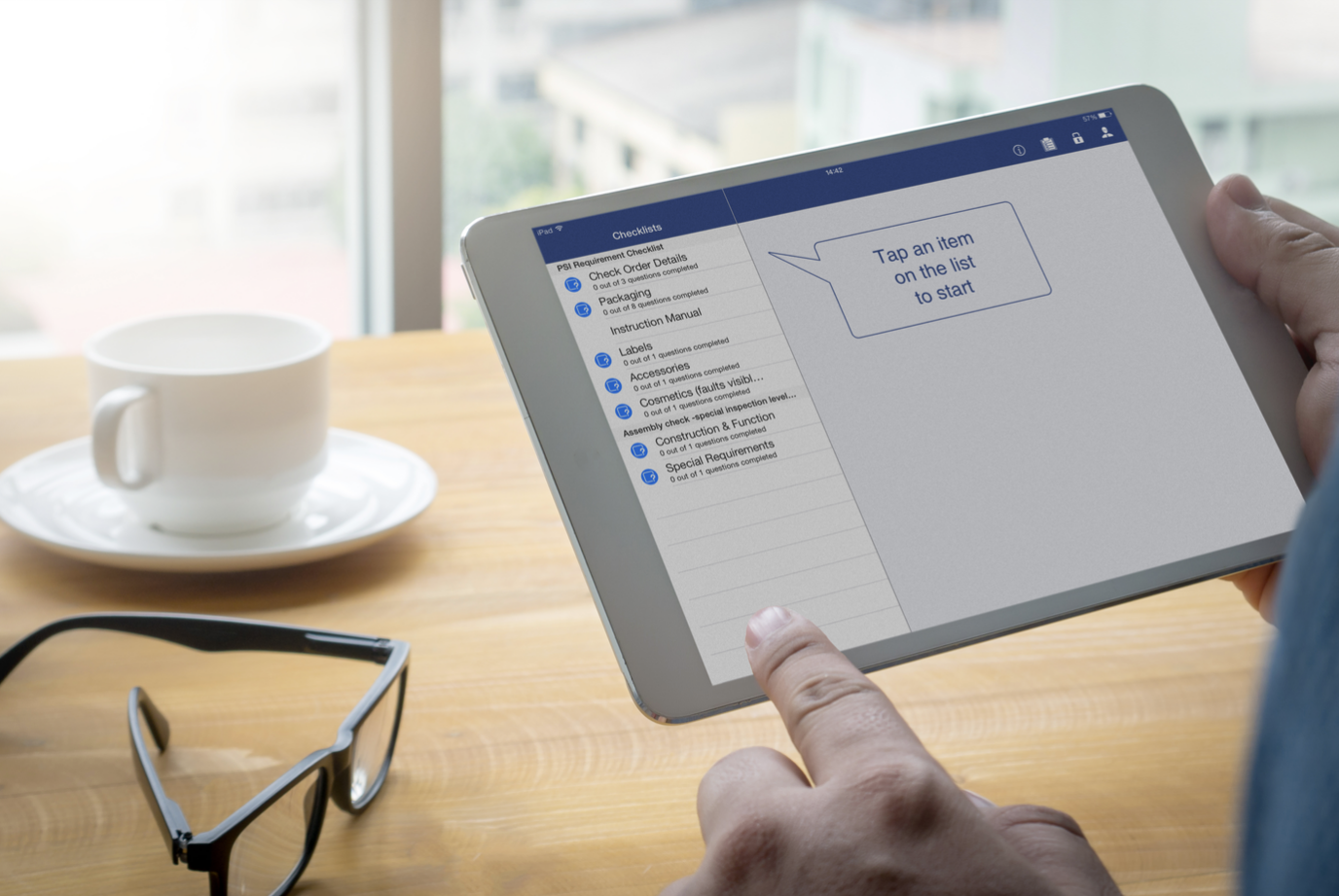Want to contribute to this article?
Many organisations handle so many suppliers that conducting regular audits seems inconceivable. You might carry out a suitability check when onboarding a new supplier, but after that how do you know you can continue to trust your suppliers?

When a supplier fails you, you pay the cost. It's not just about money, either: your reputation can hang in the balance, and if you handle an incident poorly you even risk losing your talented staff. They might choose to go elsewhere; you might suffer such a financial loss that you're forced to make job cuts; or your staff might have to take the fall for what was actually the fault of your supplier.
Disruption to your supply chain is similarly costly. Not only do you have to manage production downtime, you'll also need to assure your customers and re-jig other production schedules to continue maximising profit for your facility.
In fact, one in three businesses last year experienced cumulative losses via supplier failures to the tune of a cool €1m. That study doesn't take into account the long-term impact on reputation or the ability to retain talent, either.
If that's not enough for you to think about regularly auditing your suppliers, here are three more reasons to consider:
#1 – It will save you money
The first and most obvious benefit of regularly auditing your suppliers is that it significantly mitigates risk. You can:
- track how your suppliers are performing against service level agreements
- identify repeated problems, and
- highlight potential future issues before they happen, and create contingency plans
No more €1m annual losses from supplier failures!
#2 – You'll ensure suppliers are complying to your standards
If you don't regularly audit your suppliers, how do you know you're on the same page? You have high standards to comply to, but are they meeting the same? How do you know they practise what they promise?
Standards are changing and adapting all the time, so it’s essential that you regularly audit your suppliers in line with the relevant changes. For example, upcoming changes to ISO 80000 reveal the differences in measurements between suppliers. If your supplier prices by the kilogramme, for example, how do you know you are getting a fair price – is it the kilogramme measurement YOU use, or another version?
Back in 1999 there was a worldwide omnishambles when NASA lost the Mars Climate Orbit satellite. It burned up, all $125m of it. All because the international teams had used two different measurements: the English had used imperial measurements, and the US team metric. Interpreting measurements incorrectly led to the loss of an extremely expensive piece of kit.
#3 – You’ll ensure continuous quality improvement
Without ongoing audits of your suppliers, it's difficult to know whether you're receiving consistent products, on time, to the right standard, without defects. That makes your own commitment to continuous quality improvement nigh on impossible. You need a full and comprehensive overview of your suppliers' performance in order to set in place best-practice touch points for continued quality improvement.
By regularly auditing your suppliers, you're also strengthening your relationship with them. If you let your suppliers "just get on with it" then you're missing out on opportunities for further partnerships, better prices, and opportunities to share knowledge.
 Regular audits of your suppliers are possible and even easy with software tools such as EQMS Audit and Inspection Manager. Audits can be conducted on site without needing wireless internet access, so your auditors can visit sites and complete their audits without having to return to complete paperwork.
Regular audits of your suppliers are possible and even easy with software tools such as EQMS Audit and Inspection Manager. Audits can be conducted on site without needing wireless internet access, so your auditors can visit sites and complete their audits without having to return to complete paperwork.
What you should do now
Download our ISO 9001:2015 Supplier Management Toolkit.









Share your thoughts on this article